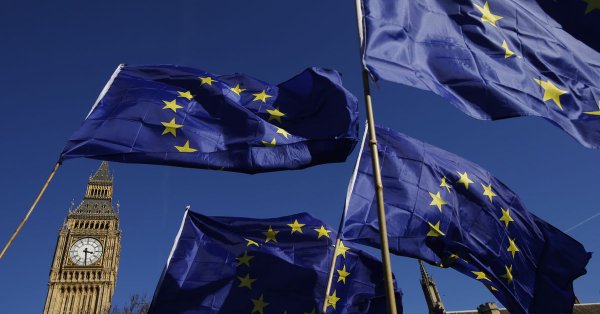EU countries likely to agree with US for more beef imports

- Country:
- United States
European Union countries are on the verge of agreeing to start negotiations with the United States to allow more U.S. beef into Europe, in what could be a major move to defuse transatlantic trade tensions.
The European Commission sought approval from its 28 member states at the start of September to open negotiations with Washington.
Trade experts have already given their backing, ambassadors will provide clearance on Wednesday and the approval process is set to be completed next week, EU diplomats say.
The beef issue is officially separate from a pact reached by U.S. President Donald Trump and European Commission chief Jean-Claude Juncker in July to try and ease trade tensions. Trump has pledged to reduce the United States' $151 billion goods trade deficit with the European Union.
However, a deal to increase U.S. meat imports would affect the trade balance, as well as placating the Trump base of U.S. farmers and rural communities which have been hit by the tit-for-tat trade war with China.
EU diplomats say the European Commission, which negotiates on behalf of the 28 EU countries, would look to raise the U.S. share of hormone-free beef imports into Europe but would need to convince other countries considered to be "substantial" suppliers to accept less.
A negotiated agreement on beef would settle a dispute that dates back to 1981 when the European Union banned the use of growth hormones in meat across the bloc, including imports.
The EU and the United States eventually concluded an agreement in 2009 to grant a quota for hormone-free beef imports, which currently stands at 45,000 tonnes. However, under World Trade Organization rules, the quota also had to be made available to non-U.S. suppliers.
"LESS OR NOTHING"
The U.S. share of that quota has slipped from nearly 100 per cent at the start to less than 30 per cent in the year to the end of June, according to the U.S. Meat Export Federation (USMEF).
Australia and Uruguay, and more recently Argentina, have steadily increased their shares.
EU diplomats say the European Commission would look to raise the U.S. share of the quota to at least 40 or 50 per cent.
While other countries considered to be "substantial" suppliers would have to accept less, that may mean Brussels only needs to get backing from Australia and Uruguay, with Argentina's share just below 10 per cent.
USMEF Economist Erin Borror said that quarterly quota allocations were typically filled within two weeks, so U.S. beef could only enter Europe duty-free for a few days.
"Depending upon what agreement is reached, we foresee demand in Europe (for U.S. beef) being strong enough to easily double that value from the $200 million marks to $400 million," she said.
EU Agriculture Commissioner Phil Hogan has said a settlement on beef would ease overall trade tensions across the Atlantic.
The EU's argument to other big beef exporters to Europe is likely to be that the entire quota could go if there is no deal with the United States.
"It can be put to them as either less or nothing," one EU diplomat said.
(With inputs from agencies.)










